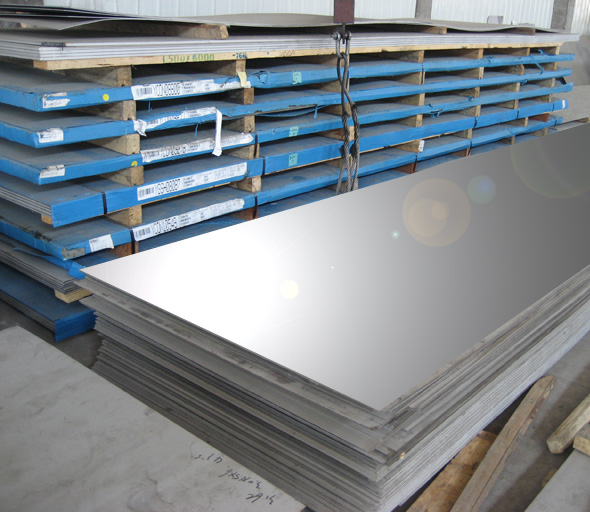- : 0086-21-61182423
- : 0086-21-61182425
- : [email protected]
- : Room 301,Unit 6,lane 2500,xiupu Road,Kangqiao Industrial Area,Pudong New District,Shanghai
- Improper welding of X80 pipeline may cause cracks
- Brief introduction of API X52 pipeline steel
- The difference between PSL1 and PSL2
- Harm of inclusions in X70 pipeline steel
- API 5L pipeline pipe
- X52 steel plate surface quality standards that need to be met
- The basic production process of API 5L X60 pipeline steel
- The key to Q460D steel welding process
- What does the heat treatment of Q690 Steel include?
- Reasons for choosing Q690D steel
316 Stainless Steel,316 Stainless Steel price
Type 316 is an austenitic chromiumnickel stainless steel containing molybdenum. This addition increases general corrosion resistance, improves resistance to pitting from chloride ion solutions, and provides increased strength at elevated temperatures. Properties are similar to those of Type 304 except that this alloy is somewhat stronger at elevated temperatures. Corrosion resistance is improved, particularly against sulfuric, hydrochloric, acetic, formic and tartaric acids; acid sulfates and alkaline chlorides

Type 316L is an extra-low carbon version of Type 316 that minimizes harmful carbide precipitation due to welding. Typical uses include exhaust manifolds, furnace parts, heat exchangers, jet engine parts, pharmaceutical and photographic equipment, valve and pump trim, chemical equipment, digesters, tanks, evaporators, pulp, paper and textile processing equipment, parts exposed to marine atmospheres and tubing. Type 316L is used extensively for weldments where its immunity to carbide precipitation due to welding assures optimum corrosion resistance.
316 Stainless Steel - used for food and surgical stainless steel. Also known as marine grade stainless steel due to its increased resistance to chloride corrosion compared to type 304. 316L is an extra low carbon grade of 316, generally used in stainless steel watches. Its resistance to chloride attack means it is often selected for use in marine atmospheres. 316Ti includes titanium for heat resistance, therefore it is used in flexible chimney liners.
316 stainless steel is a molybdenum-bearing grade. This addition gives the better overall corrosion resistance properties than type 304 and higher creep strength at elevated temperatures.